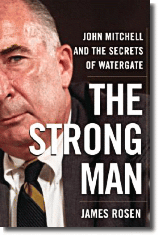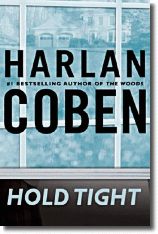The start of the Q & A:
How would you characterize the educated middle-class professional you're writing about?Read the full interview.These are people who went to college and have at least a four-year degree. Oftentimes, they have extended education beyond that, a master's or a Ph.D. They're people who work in white-collar professions, usually not the high-end professions like law or medicine or finance.
Why did you want to write about this group?
Because I fall into this group and so many people I know fall into this group, and I feel like we fall under the umbrella of having done everything they say you're supposed to do to be financially secure in America.
There is this myth that if everyone could just go to college and get the proper job skills we would all be financially comfortable, and I was looking around me and saying, "Well, that's not true."
Visit Nan Mooney's website.
--Marshal Zeringue



































